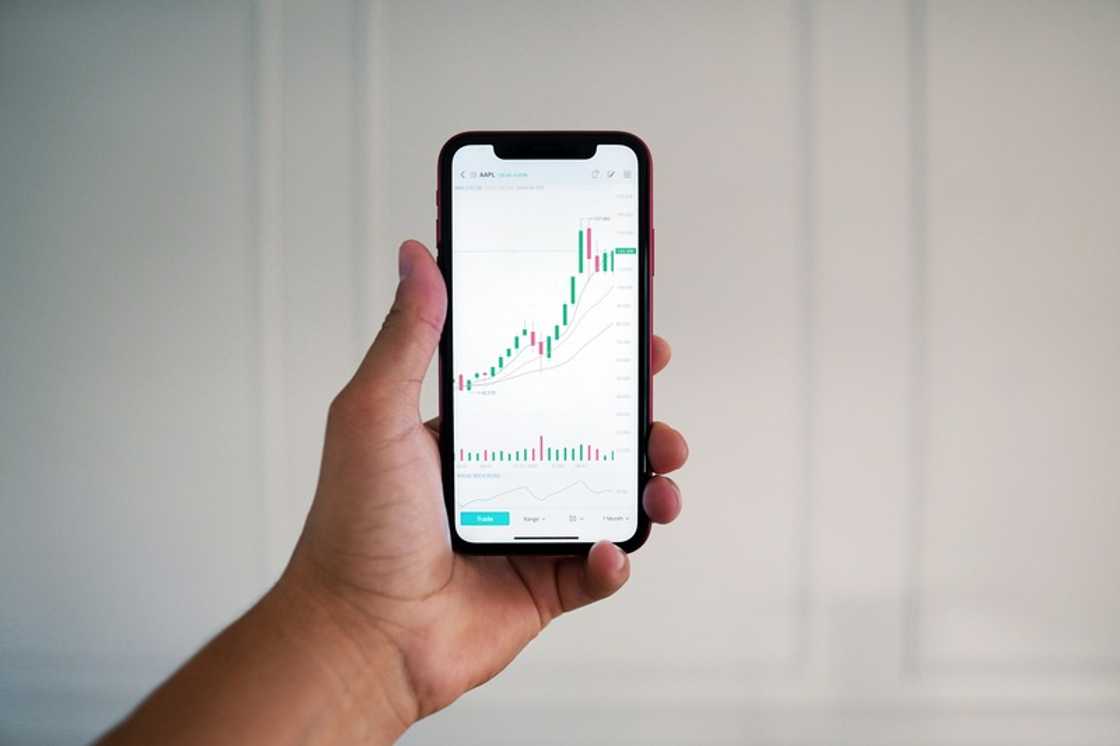How Forex Trading is Changing the Financial Landscape in Nigeria
Forex trading, the global marketplace for exchanging national currencies, has become a pivotal force in reshaping Nigeria's financial landscape.
As the largest financial market worldwide, with daily trading volumes exceeding $7.5 trillion, forex trading offers unparalleled liquidity and opportunities for investors and economies alike.

The Rise of Forex Trading in Nigeria
In recent years, Nigeria has witnessed a huge surge in forex trading activities. This growth is driven by a tech-savvy youth population eager to explore new income streams and the increasing accessibility of online trading platforms. These individuals seek to answer the question “What is forex trading?” by using online resources to grow their knowledge.
As such, the country's large, youthful demographic positions it as a burgeoning hub for forex trading in Africa.
Economic Implications
The expansion of forex trading has profound economic implications for Nigeria.
The liberalization of the foreign exchange market has attracted foreign investors, leading to more than doubling of capital inflows to $6 billion in the first half of 2024 compared to the same period in 2023. This influx is largely attributed to portfolio investors returning after Nigeria eased currency controls.
Also, the naira has experienced significant fluctuations, depreciating by over 50% from roughly N450/$ in January 2023 to N1,035/$ in June 2024. Such volatility underscores the influence of forex trading on currency valuation and the broader economy.
Regulatory Developments
To improve transparency and stability in the forex market, the Central Bank of Nigeria (CBN) has implemented several reforms.
Starting December 2024, the CBN will automate foreign currency trades, replacing the over-the-counter system to improve transparency and reduce market distortions. A two-week test run is scheduled for November.
In July 2021, the CBN ceased sales of forex to bureau de change operators, directing all forex sales to commercial banks. Also, in October 2021, Nigeria launched its digital currency, the e-naira, to modernize the financial system and promote financial inclusion.
Technological Innovations
Technological advancements have played a central role in the evolution of forex trading in Nigeria.
The spread of online brokers has democratized access to forex markets. Platforms like FXTM offer user-friendly interfaces and educational resources, allowing Nigerians to participate in global currency trading.
The widespread use of smartphones has facilitated mobile trading, allowing individuals to engage in forex trading conveniently. This accessibility has contributed to the growing popularity of forex trading among Nigerians.
Challenges and Risks
Despite the opportunities, forex trading in Nigeria presents several challenges.
The forex market is inherently volatile, and the naira's fluctuations can pose risks for traders and the economy. For instance, the naira's depreciation from N450/$ to N1,035/$ within a year highlights the market's unpredictability.
Ensuring compliance with regulations is critical. The CBN's initiatives, such as automating FX trades, aim to increase oversight, but continuous vigilance is necessary to maintain market integrity.
A lack of understanding about forex trading can lead to major losses for uninformed traders. Educational initiatives are essential to equip individuals with the knowledge to navigate the complexities of the forex market effectively.
Future Outlook
The trajectory of forex trading in Nigeria suggests continued growth driven by technological innovation and regulatory reforms with an engaged populace. As the market evolves, stakeholders must collaborate in fostering a transparent, stable, and inclusive forex trading environment.
Such efforts will mean that the benefits of forex trading contribute positively to Nigeria's broader economic development.
[Sponsored]
Source: Legit.ng


